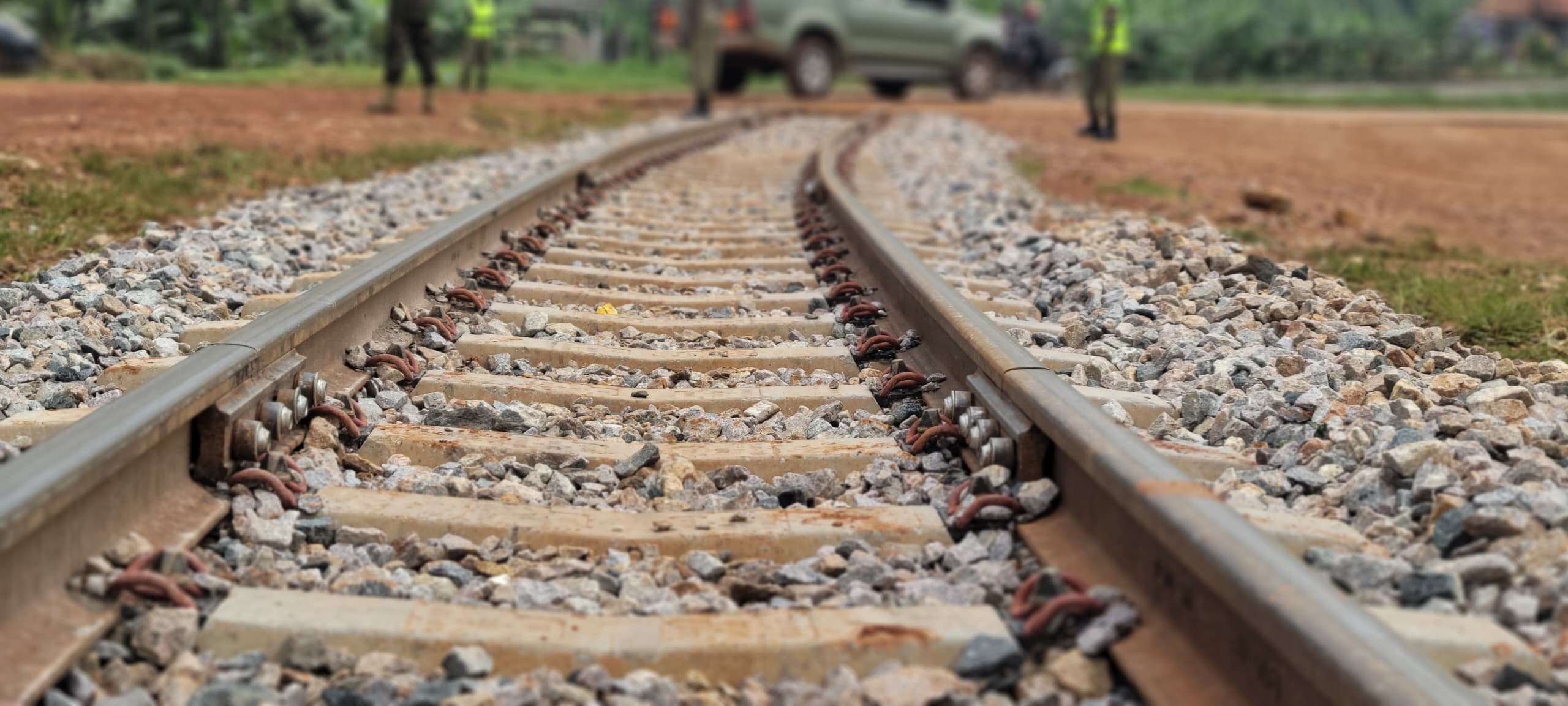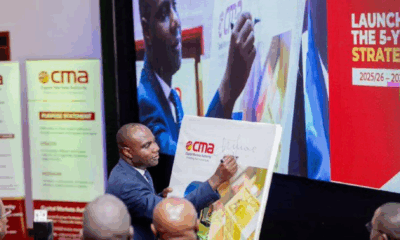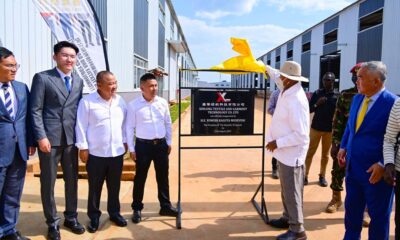Analysis
Experts Urge Government to Step Up Railway Development for Economic and Environmental Gains
Transportation experts under the Civil Society Coalition on Transport (CISCOT) have issued a strong call to the Ugandan government to accelerate the development of the nation’s railway infrastructure significantly. In a newly released report, the coalition underscores the transformative potential of a robust rail network to reduce freight costs drastically, streamline the movement of bulk goods, lower greenhouse gas emissions, and revolutionise urban public transportation across Uganda.
CISCOT’s report, titled “Implementation of NITMP 2021–2040: Project Prioritisation and Budget Allocation to the Road Sub-sector,” highlights the ambitious goals outlined in the National Integrated Transport Master Plan (NITMP). This plan includes significant expansion and modernisation of both regional and Greater Kampala Metropolitan Railway Passenger Services. The coalition argues that fully realising these railway components could unlock billions of shillings in annual savings for the government.
The report emphasises the urgent need to prioritise several key railway projects. These include the rehabilitation of the existing meter gauge railway, securing crucial transport corridors, the timely completion of the Gulu Logistics Hub, and a vigorous expansion of rail lines through the Standard Gauge Railway (SGR) project.
While CISCOT acknowledges the progress made by the Uganda Railways Corporation (URC) in completing the Tororo–Namanve railway line and constructing the Gulu Logistics Hub, the experts point to persistent delays that are impeding the full operationalisation of both passenger and cargo services.
“Delays in railway station rehabilitation and locomotive procurement hinder the full operationalisation of passenger and cargo services,” the report explicitly states, stressing the critical need for more decisive action.
CISCOT’s analysis reveals that while the NITMP sets ambitious targets for shifting commuters from private vehicles to public transport and freight from road to rail by 2040, the current pace of railway development needs significant acceleration to meet these objectives. The URC’s efforts to revive some passenger train services, particularly on the Kampala–Mukono route, are recognised as a positive step. However, the coalition emphasises that the implementation of the completed designs for the Kampala multi-modal hub remains paramount. Furthermore, they advocate for extending passenger rail services to the Kampala–Nalukolongo and Kampala–Port Bell lines.
Regarding the crucial SGR project, despite the signing of a substantial 2.7 billion euro contract with Turkish firm Yapi Merkezi for the vital eastern route connecting Tororo to Kampala, CISCOT is urging the government to ensure the swift commencement of construction. While land acquisition for the 272km line is in progress, with approximately 54% of the Right of Way secured between Malaba and Mayuge, the experts underscore the necessity of rapid progress on actual construction, especially given the reported release of 479 billion shillings for the project in the last financial quarter.
Uganda’s long-term railway vision encompasses a 1,700km SGR network, with planned extensions north to Nimule, west to Kasese and Mpondwe, and south to Mirama Hills. However, CISCOT continues to voice concerns over the chronic underfunding of the transport sector, attributing it to insufficient budget allocations. They contend that the disproportionate focus on road infrastructure at the expense of rail and waterways represents a missed opportunity for significant economic development and the reduction of trade costs.
The experts also identify poor coordination among key government agencies and delays in land acquisition as significant obstacles hindering project implementation. To address these challenges, they recommend establishing a central coordination unit and implementing equitable land reforms to facilitate the timely execution of crucial railway projects.
Comments



























